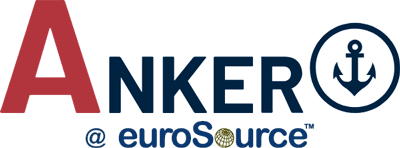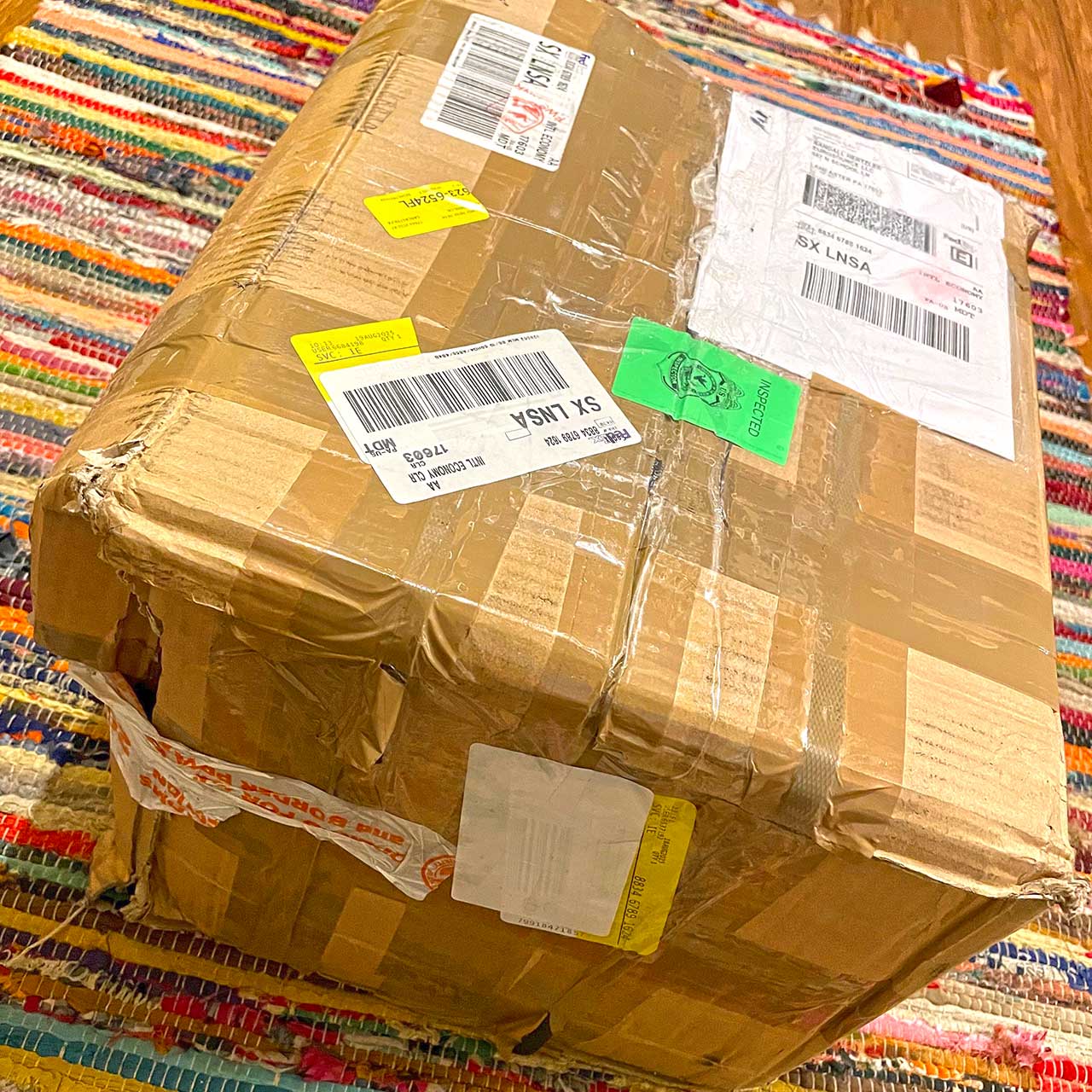In August 2025, the U.S. Government made a sweeping change to its import rules, ending the long-standing de minimis exemption that allowed shipments valued under $800 to enter duty-free and with minimal paperwork. What seems like a technical regulatory tweak is already wreaking havoc across supply chains — especially for small businesses and niche importers like ours at euroSource.
Here’s what’s going on, and why it matters for trade, costs, and our ability to get Anchor Stones to our customers.
1. What was the de minimis rule — and why it mattered
Under prior rules, many low-value shipments (under $800) could bypass complex customs procedures, pay no tariffs, and move quickly through the system. This rule was a backbone of small-scale international imports.
It reduced administrative overhead, sped up delivery times, and made it financially feasible for artisans, small importers, and niche product makers to reach U.S. customers without being buried by compliance costs.
2. What changed — and how immediately the disruption hit
As of August 29, 2025, that exemption is gone. Now every import, regardless of value or country of origin, is subject to customs duties, formal or informal entry, full classification requirements, and additional fees.
For products arriving via the postal network, new rules also require carriers to act as “qualified parties” responsible for declaring and remitting duties which demands posting bonds, submitting data, and opening up to liability.
Postal services in Europe, including Deutsche Post and DHL, responded almost immediately: suspending U.S. parcel deliveries entirely, citing confusion about how to collect duties, unclear guidance from U.S. Customs, and no time to retrofit their systems for the new rules.
3. The ripple effects — beyond just tariffs
These changes aren’t about adding a few percentage points of cost — they’re about retooling the entire logistics and compliance machinery:
- Compliance costs balloon: Carriers and brokers now need new systems, customs expertise, technology upgrades, and likely new staff just to process low-value parcels.
- Bonding & liability: Any “qualified party” acting on behalf of shipments must post bonds with Customs and Border Protection (CBP) and assume liability for misclassification or underpayment.
- Supply chain constraints: Delays, backlog in customs entry processing, and increased inspection risks are causing shipment bottlenecks.
- Route shifts: An option to choose express or courier services (which already handle full customs) comes at much higher cost. FedEx has quoted euroSource 400 euros for delivery of a small package valued at 375 euros!
4. Why small businesses like euroSource are especially vulnerable
For a small importer like euroSource — which brings in German-made Anchor Stones with no U.S. counterpart — the removal of de minimis is existential. Where once we could import lower-volume parcels with modest overhead, now every package triggers full customs work.
The direct effects on euroSource are already clear:
- It is currently not possible to receive special orders for customers.
- There is no way to have replacement stones shipped to those who need them.
- There are currently no possibilities for inventory replenishment.
This isn’t just a minor trade adjustment. The removal of de minimis has disrupted transatlantic commerce at a fundamental level, and without thoughtful adjustments, it threatens to wipe out the small businesses that bring cultural, educational, and niche products to U.S. consumers.

